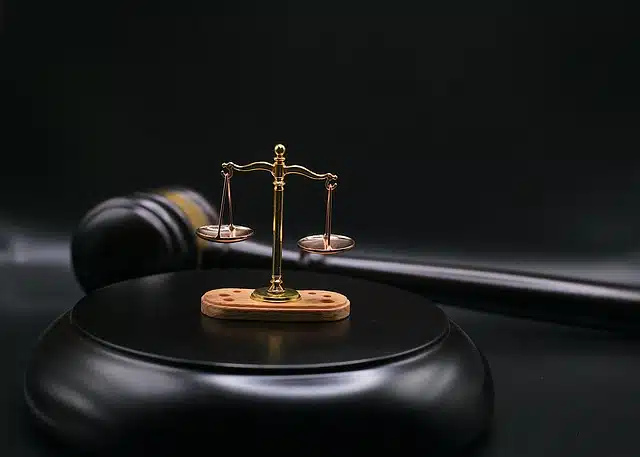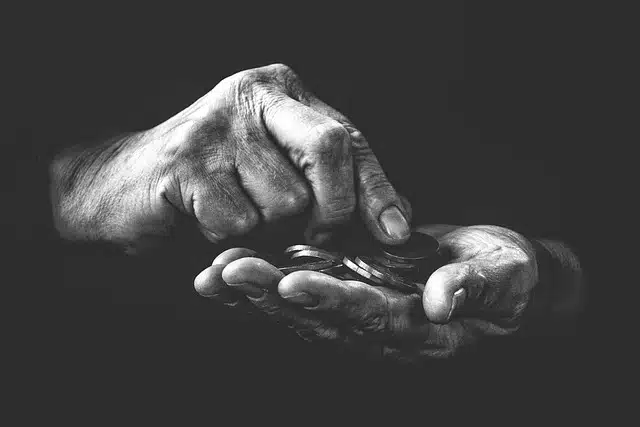
The lack of equity is called inequity.
The notion of inequality refers to the absence of equity . The term equity, in turn, refers to equality or justice.
When inequality is generated, therefore, there is a situation of imbalance or lack of equanimity . For example : “A country with so much inequality cannot have social peace” , “Inequality in the distribution of funds provoked the fury of several governors” , “There is great inequality in the workplace between men and women” .
Differences between inequity and inequality
Although inequality and inequality are often used as synonyms , and in fact this is accepted by the Royal Spanish Academy ( RAE ) in its dictionary, there are those who establish differences between both ideas.
Some thinkers link inequality and equity to morality and ethics , leaving inequality and equality in the realm of statistics. According to this position, inequality does not always equal inequity.

Inequity and inequality cannot always be used synonymously.
Some examples
Suppose a mother tells her two children that, if they work hard at school, she will give them 100 pesos each at the end of the month. One of the children studies hard and gets good grades; the other prefers to rest and have fun and fails his exams. The mother, anyway, gives them both the money . It could not be said that there is inequality because the two children received the same (100 pesos each). However, an inequity can be seen: those who made an effort obtained the same reward as those who did not.
At a social level, inequality in terms of access to rights is usually condemned (all people should be guaranteed the same essential rights), but inequality is accepted as a consequence of various factors: effort, training, etc.
Inequity according to the RAE
Returning to the differences between the concepts of inequity and inequality, we refer to the dictionary of the Royal Spanish Academy ( RAE ) in search of more data that helps us understand the contrast that some academics notice when comparing them. We must understand, however, that given the characteristics of our language, it is often necessary to use these words in the definition of the other to have a point of support even though this does not necessarily reflect that they are equivalent.
According to the RAE , therefore, equity is the "equality in the disposition towards two or more subjects", "natural justice" and the "disposition that leads us to give each person what he or she deserves." Regarding the definition of equality , it speaks of a "conformity between two things at a material level or with respect to their quality or quantity", to the "proportion and correspondence of many elements that form part of a whole in a uniform way" and to "the principle according to which all inhabitants must have the same rights and obligations."
As you can see, at the roots of inequity and inequality we have this difference between "what each person deserves" and "what is considered fair for everyone." We could say without stopping to think that inequity is more serious than inequality, because it does not seem reasonable to allocate resources to people who have not tried hard enough or who do not deserve them for having committed despicable acts. However, from another point of view we could say that the decision to deny lazy people and criminals the same rights that the rest of the people receive would be as arbitrary as granting them to them.
This brings us to the presence of the term natural in the aforementioned definitions. How can we qualify justice in this way, if we do not know the codes of nature ? Whatever we humans invent can seem equally capricious and arbitrary to nature, both the path of good and evil, because it is always about our point of view.
